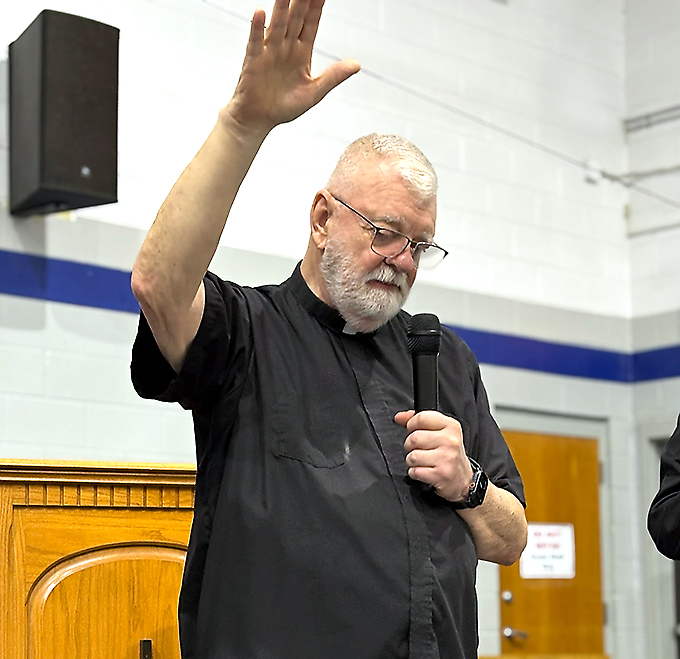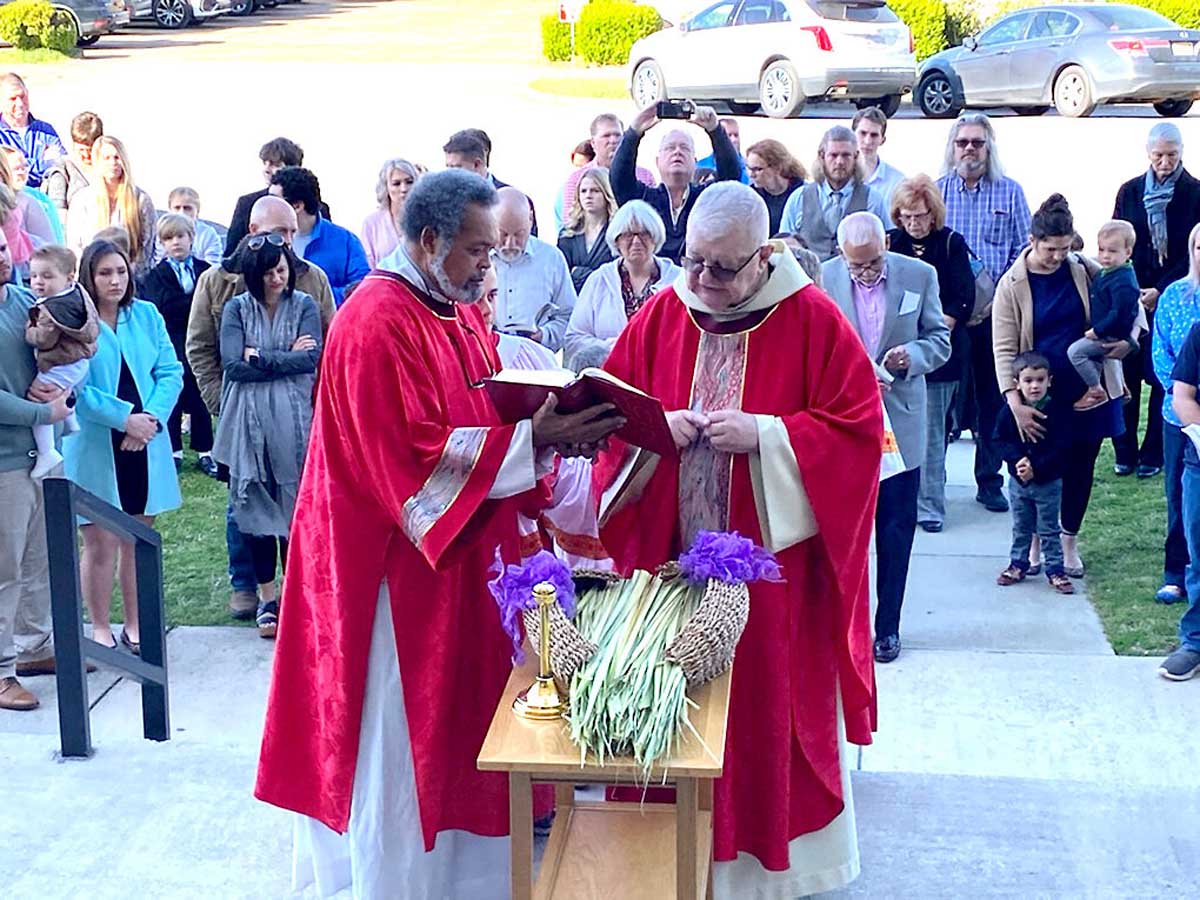Kimberly council turns down request to rezone former supermarket
Published 1:51 pm Wednesday, January 9, 2013
“Well, there goes my re-election chances.”
Mayor Bob Ellerbrock made that remark just after adjourning a contentious meeting of the Kimberly City Council. Moments before, he cast the deciding vote that resulted in the rejection of a request to rezone a vacant supermarket building, in order for it to be purchased and used by a church.
The 3-3 vote came during Tuesday night’s regular council meeting, which itself followed a public hearing regarding the request. Both were held before a council chamber packed largely with supporters of the request from Church 29:11, which seeks to move its growing congregation from its current facility on Mt. Olive Road to the former IGA Supermarket on U.S. 31.
The rezoning request, which would have reclassified the property from C-2 commercial to institutional, was filed by Peoples Bank of Alabama, the Cullman-based bank which repossessed the building after the supermarket operators defaulted. The bank has been trying to sell the property to other businesses for a couple of years, but to no avail.
The city’s planning and zoning board had recommended against the request in a meeting on Jan. 3, which was also packed with supporters.
Council members Donnie Gooch and John Richardson joined Ellerbrock in voting against the request. Lance Shivers, Donna Cude and Brian Pharris voted in favor.
The meeting became hostile at times; in one testy exchange, Ellerbrock accused Peoples Bank president Chris Sawyer of lying about the city’s offers of tax abatements for prospective business tenants.
“That’s a lie — that’s just flat-out wrong,” Ellerbrock said when Sawyer accused the city of not wanting to offer tax abatements.
(A prospective tenant had approached the city last year about opening a new grocery store in the building, but asked the council to foot the bill for a feasibility study. The council turned that request down.)
But the underlying core of the discussion boiled down to not so much whether the city wanted a church to move into the town, but whether the city needed a business there more, in order to increase the tax base. Kimberly is a largely-residential bedroom community, with few businesses that supply it with the sales-tax revenues that are the financial lifeblood of cities and towns in Alabama.
The IGA supermarket supplied substantially more revenues to the city than it had seen in previous years, despite tax incentives that the city agreed to.
“I would love to have you guys here as a church, but our concern is that we need to get a business in here,” Shivers said. “We really need to save our city center to provide commercial support for the services the city needs.”
Council members also expressed concern that the presence of a church would affect the ability of certain other businesses within the vicinity of that church, and thereby further hamper the ability to bring business revenue into the city. Various laws restrict certain business activities, such as alcohol sales, within a certain distance of a church or school.
Church 29:11 has outgrown its current small building and has to hold two services each Sunday, Pastor Rick Hand said. The church has looked for a larger facility for a year and a half, including locations in Gardendale and Fultondale. Peoples Bank offered the Kimberly building to the church for $1.1 million, Sawyer said.
“We’re just here to say that if the building’s available, we want it,” Hand said. “We have a heart for Kimberly, and we want to be in Kimberly.”
There was opposition voiced by some Kimberly residents, and a petition against the request was presented by Patsy Graben. She complained that the church would hamper the ability to attract business to the area around it, and therefore impair the tax base. “We haven’t had our streets paved in years. We need businesses here,” Graben said.
Before the council meeting, Kimberly residents received a flyer through the mail opposing the request by a group called “Citizen’s Coalition for a Better Kimberly, Alabama.” The flyer did not list a physical return address, nor name anyone associated with the group. After the meeting some supporters of the rezoning request accused another church in Kimberly from the same denomination as Church 29:11 of sending the flyer. Hand stressed that those supporters were not members of Church 29:11, and that he did not beleve another church was behind the flyer.
(Church 29:11 is affiliated with the Church of God, one of several fellowships using that name who differentiate themselves in part by the location of their headquarters. This denomination is headquartered in Cleveland, Tenn.)
Sawyer cited the federal Religious Land Use and Institutionalized Persons Act, or RLUIPA, as a reason not to oppose the church moving to the property. The key part of the act bars zoning law restrictions on churches’ use of their property. It was enacted by Congress in 2000.
After the meeting, Sawyer said his bank will “keep all our options open.”
In other business, the council added a new zoning classification called “agri-tourism,” designed primarily to give The Hitchin’ Post further ability to host events such as last year’s Warrior Dash.
[Edited at 2:05 to correct the name of the organization which sent the opposition flyer to Kimberly residents. Edited at 2:40 to reflect that rezoning supporters who accused another church of being behind an opposition mailer were not members of Church 29:11, and that Pastor Hand does not believe another church was involved in the opposition to the rezoning request.]





